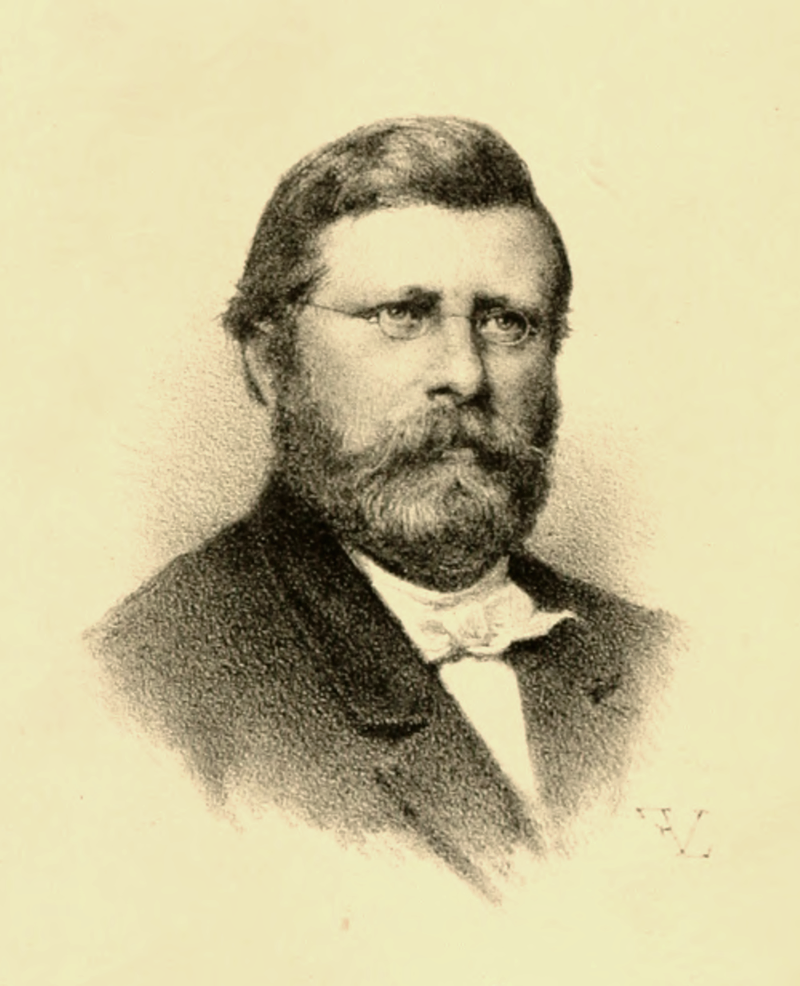François Bailleux on:
[Wikipedia]
[Google]
[Amazon]
 François Bailleux was born in
François Bailleux was born in
vol. 29, pp.182-6
/ref>
 François Bailleux was born in
François Bailleux was born in Liège
Liège ( , , ; wa, Lîdje ; nl, Luik ; german: Lüttich ) is a major city and municipality of Wallonia and the capital of the Belgian province of Liège.
The city is situated in the valley of the Meuse, in the east of Belgium, not far from b ...
on 23 August 1817, and died there of heart failure on 24 January 1866. A lawyer by profession, he played a leading part in the revival of Walloon literature after Belgium gained its independence.
Career
François Bailleux was born into a family of professional background. After schooling and university training in Liège he became a Doctor of Law in 1841 and worked as a barrister for the rest of his life. He was a Liberal in politics and consecrated much of his time to promoting their cause. After helping unite the two wings of this party in 1846, he was made secretary of the Liberal Union and in 1859 was elected to a seat in the provincial assembly.Walloon literature
Liège had a long tradition of dialect writing and Bailleux manifested his gifts early by employing it to compose political songs at the start of his career. Later he diversified his writing and published as ''Passe-timps'' (Diversions) a collection of ten pieces with only a limited printing in 1845. Included there was the lyric ''Marèye'', an evocation of young love that afterwards was to become popular when it was set to music by Eugène Hutoy (1844–89). Meanwhile Bailleux dedicated himself to the study of writing in Walloon and with his friend Joseph Dejardin (1819–95) he collected an anthology of songs from the 17th and 18th centuries which, published in 1844, was the first of several more volumes of ancient dialect literature. Then in 1856 he was among the group of enthusiasts who founded the ''Société liégeoise de littérature wallonne'', of which he was made secretary. He had in the meantime engaged himself in making versions of La Fontaine's Fables, initially in partnership with Jean-Joseph Dehin (1809–71), and by 1856 had completed the first six books of ''Fâves da Lafontaine mettowes è ligeois'' (La Fontaine’s Fables adapted in the language of Liège). These masterly imitations, arranged to display the individuality of the dialect, were more independent works in their own right than simple translations, as can be seen by comparing La Fontaine’s ''Les voleurs et l’âne'' (The thieves and the ass, ''Fables'' 1.13) with Bailleux’s recreation of it:In addition Bailleux published three extended verse fables based on traditional accounts under the title ''Vèyes fâves d’à m’ grand-mére'' (Old tales my granny told me, 1852-4).The details for this article are taken fromOn account of the nag that they’ve nabbed And one wants to keep, t’other sell, Two thieves have a hair-pulling mell And exchange with the handfuls they’ve grabbed A smack in the gob for a boot in the gut Till a third runs away with the loot. Bar christening, that beast could pass for the lass That keeps two steadies on a string And while they fling their fists about, she’ll beat it With another who makes her…(I mustn’t repeat it!)
Maurice Piron
Maurice Piron (1914–1986) was a Belgian
Belgian may refer to:
* Something of, or related to, Belgium
* Belgians, people from Belgium or of Belgian descent
* Languages of Belgium, languages spoken in Belgium, such as Dutch, French, and German
...
’s account in the Belgian ''Biographie Nationale'', Royal Academy, Brussels 1956vol. 29, pp.182-6
/ref>
References
{{DEFAULTSORT:Bailleux, Francois Belgian male poets 19th-century Belgian lawyers 1817 births 1866 deaths Walloon movement activists Walloon culture Lawyers from Liège Belgian writers in Walloon